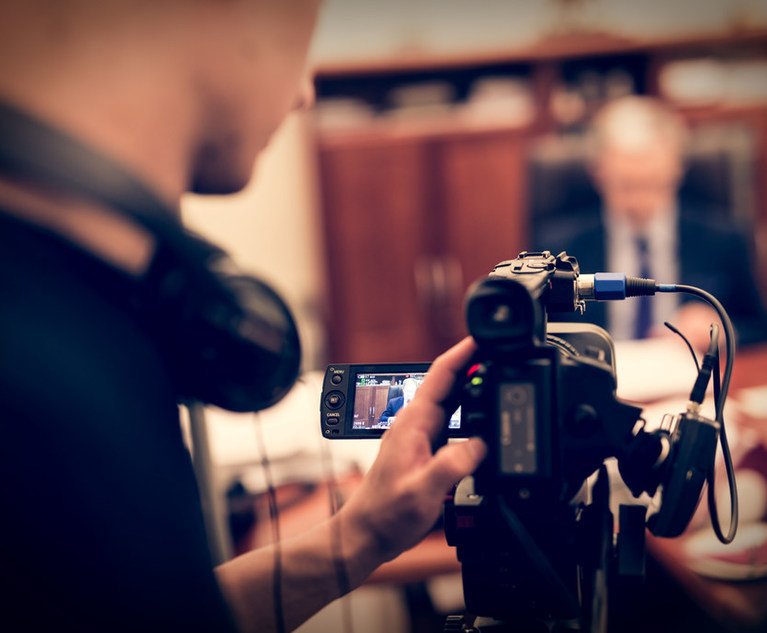With the adaptation of technological advances overwhelming our daily lives, expedited by the COVID-19 pandemic, modern litigators have embraced the use of video to conduct depositions and present their cases. Nevertheless, there is a standing tension within the Bar on proper practice regarding the taping of one’s own witnesses’ testimony. Some litigators believe that any party may record any deposition, while others proffer that a deponent has no right to condition testimony on the use of a method selected by the deponent’s counsel.
This article focuses on whether the New Jersey Court Rules complicate, not ease, the debate of whether the deponent may compel videotaping of their own deposition or whether the person taking testimony is solely charged with deciding whether it will be videotaped. The focus is on Rule 4:14-9, historical and contemporary perspectives, and the Rule’s practical application as an effective tool to presenting one’s case. When the Rule seems silent, this article proposes that a slight addition to the Rule is an effective solution that will help attorneys and courts deal with this common discovery impediment.
This content has been archived. It is available through our partners, LexisNexis® and Bloomberg Law.
To view this content, please continue to their sites.
Not a Lexis Subscriber?
Subscribe Now
Not a Bloomberg Law Subscriber?
Subscribe Now
LexisNexis® and Bloomberg Law are third party online distributors of the broad collection of current and archived versions of ALM's legal news publications. LexisNexis® and Bloomberg Law customers are able to access and use ALM's content, including content from the National Law Journal, The American Lawyer, Legaltech News, The New York Law Journal, and Corporate Counsel, as well as other sources of legal information.
For questions call 1-877-256-2472 or contact us at [email protected]


 Credit: Shutterstock.com
Credit: Shutterstock.com




